Did you know that the average mouthguard can harbor more bacteria than a toilet seat? Unlike your teeth, your night guard doesn't have the ability to clean itself. Regular maintenance is crucial to prevent dental issues stemming from bacterial buildup. In this guide, you'll learn how to properly clean your night guard to keep it safe, effective, and hygienic.
Why Cleaning Your Night Guard is Essential
Cleaning your night guard is not just about maintaining oral hygiene — it is essential for protecting your teeth from bacteria and preventing unpleasant odors. Using a dirty night guard can reintroduce bacteria into your mouth night after night, affecting your overall oral health. To safeguard your mouth, regular cleaning routines are necessary.
The contaminants that accumulate on your night guard, such as saliva and plaque, can compromise its structural integrity, hindering its ability to effectively protect against teeth grinding. Hence, a well-maintained night guard ensures the longevity of its protective qualities.
Not only does regular cleaning of your mouth guard contribute to oral health, but it also extends the life of the appliance, providing cost savings in the long run. To understand the correct cleaning methods, let's dive into some practical cleaning steps.
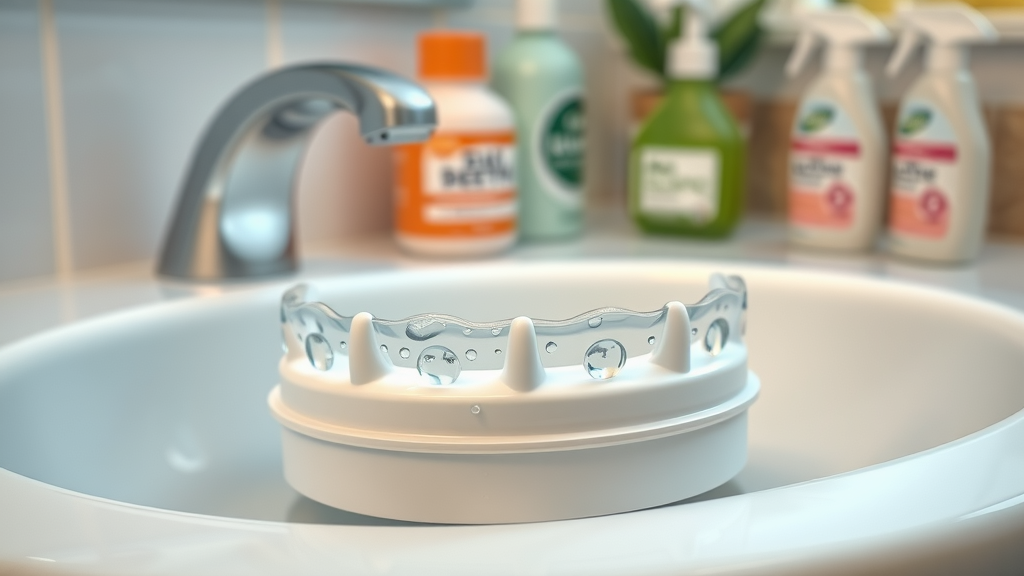
Basic Cleaning Steps for Your Night Guard
Daily Care Regimen
To ensure daily cleanliness, develop a daily care regimen that incorporates rinsing and brushing. Start by rinsing your night guard with warm water immediately after removal. This will dislodge residual saliva and food particles. Use a separate toothbrush from the one used for your teeth to gently brush all surfaces of the guard, ensuring every nook and cranny is reached.
Apply non-abrasive toothpaste or washing liquid to minimize scratches that could harbor bacteria. Store the cleansed night guard in a dry, ventilated case to prevent mold accumulation. Regular daily care is the first line of defense against unwanted microbial growth.
Deep Clean Techniques for Extra Protection
While daily care is vital, it's important to deep clean your night guard weekly for optimal hygiene. Submerge your guard in a bowl filled with a cleaning solution consisting of equal parts water and vinegar. Allow it to soak for at least 30 minutes, then rinse thoroughly with water to remove any residual traces of vinegar.
You may also consider using a cleaning tablet specifically designed for night guards. These tablets are simple to use and provide a deep cleaning action to eradicate any stubborn stains or bacteria that regular brushing might miss.
Tools Needed for Night Guard Maintenance
Your cleaning toolkit should include a few key items: a separate toothbrush for brushing, non-abrasive cleanser, cleaning tablets , and a ventilated storage case. These tools can be conveniently found at your local pharmacy or dental supply store.
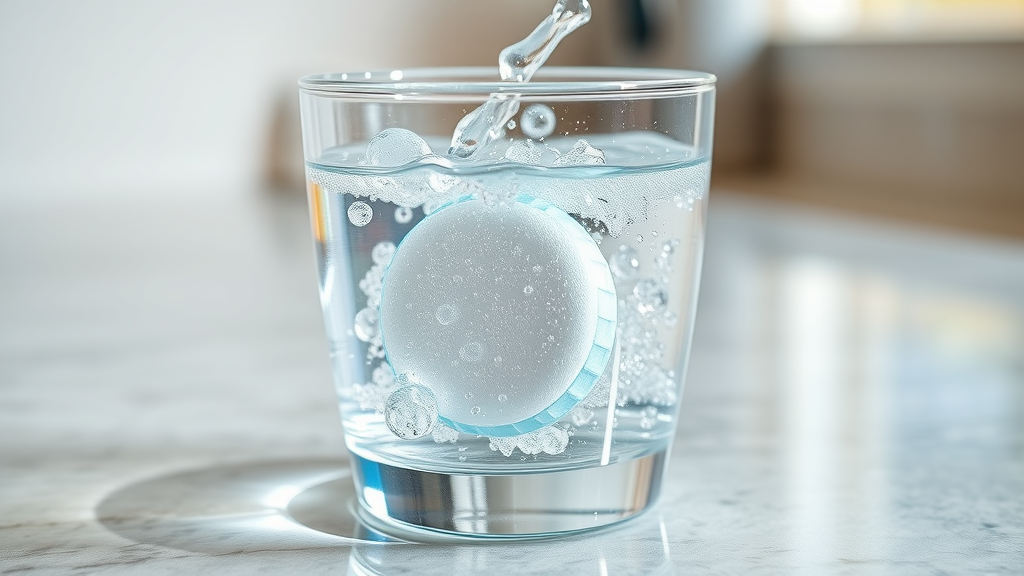
How to Deep Clean Your Night Guard
Using Simple Household Items
For a cost-effective approach, certain household items can serve as excellent deep cleaning agents. A baking soda and water mixture offers both deodorization and destaining qualities. Alternatively, combining baking soda with hydrogen peroxide creates a potent solution that enhances de-staining while killing bacteria simultaneously. Simply soak the night guard in these solutions for a thorough clean.
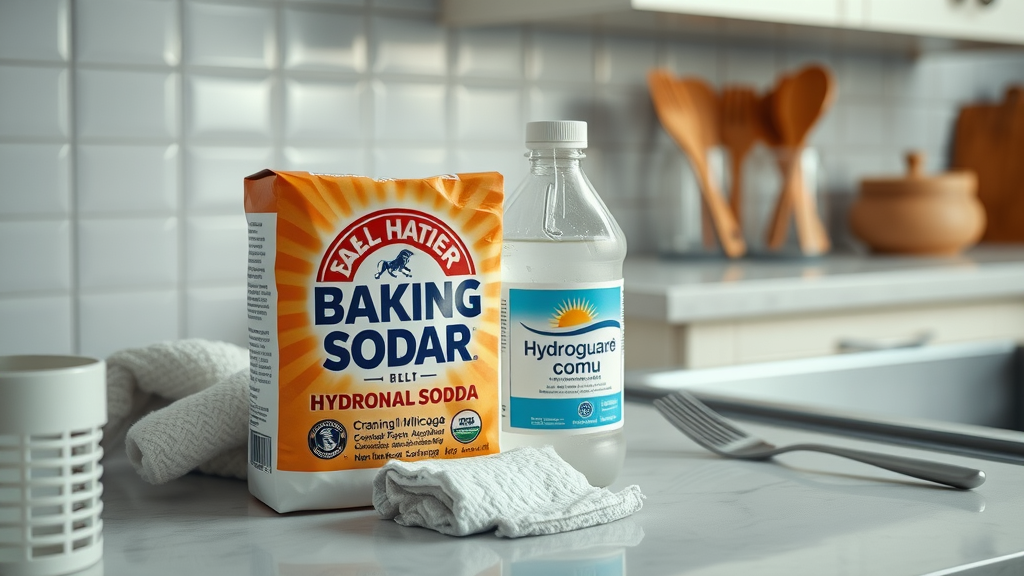
Preventing Calcium Deposits on Night Guards
Effective Removal Techniques
Calcium deposits can form on night guards when they are not cleaned properly. Prevent these deposits by soaking your mouthguard weekly in a diluted vinegar solution. To remove existing calcium deposits, let the guard soak in a mixture of water and vinegar or hydrogen peroxide . This weekly regimen will keep deposits at bay.
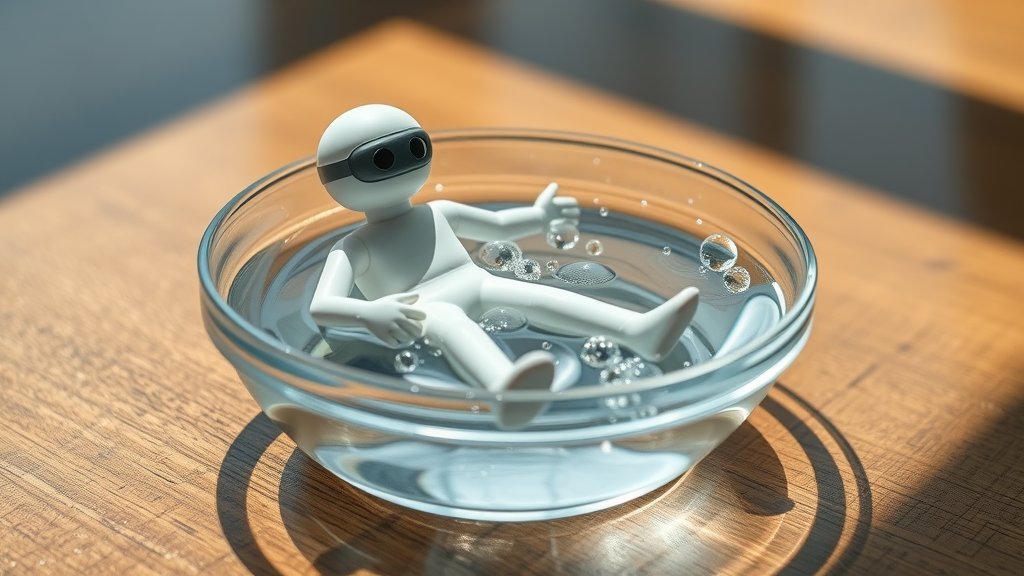
Consequences of Skipping Night Guard Cleaning
Neglecting to regularly clean your night guard can lead to severe consequences beyond bad breath and an unpleasant taste. A poorly maintained guard may cause gum irritation, leading to potential infections or more serious dental issues. Additionally, residue build-up can eventually damage your mouthguard.
Does Baking Soda Clean a Night Guard?
Baking soda is a reliable cleaning agent for night guards due to its gentle abrasive nature. It not only scrubs away bacteria but also neutralizes odor without the harshness of many commercial cleaners. However, avoid prolonged use to prevent erosion of the guard material.
FAQs About Cleaning Your Night Guard
How do I deep clean my night guard?
To perform a deep clean, soak the night guard in a mixture of vinegar and water or use a dentist-recommended cleaning tablet . Let it sit for 20 to 30 minutes before rinsing under cool water. This process ensures the elimination of any harmful bacteria.
How do you remove calcium deposits from night guard?
For effective calcium deposit removal, soak the night guard in a vinegar and water solution for 30 minutes. Gently scrub using a soft brush post-soak to remove persistence residue. Repeat this weekly to maintain a clear, fresh guard.
What happens if you don't wash your night guard?
Failing to clean your night guard regularly can lead to dental problems like increased bacteria in your mouth, bad breath, and eventually damage to the guard itself. Long-term negligence may necessitate replacement, incurring additional costs.
Does baking soda clean a night guard?
Baking soda is indeed effective in cleaning night guards due to its natural abrasiveness and ability to neutralize odors. When used correctly, it can maintain both the guard's cleanliness and your oral health.
Conclusion and Next Steps
A proactive cleaning routine protects your teeth and prolongs the life of your night guard. Regular deep cleaning and daily maintenance are key. For best practices, consult with a dental expert. For more information on maintaining oral health, you might find our website sitemap helpful.
"A clean night guard is essential not just for freshness but as a safeguard for your oral health" - Expert Dentist
Visit Johnstown Dental Care for Professional Guidance
Johnstown Dental Care
370 West Coshocton St.
Johnstown, OH 43031
Phone: (470) 967-6046
Website:
www.johnstowndentalcare.com
Proudly Serving: Johnstown, New Albany, Granville, Alexandria, Pataskala, and surrounding areas in Licking County, Franklin County, and Delaware County. For those in Granville, you can also explore our dental implant services .
 Add Row
Add Row  Add
Add 

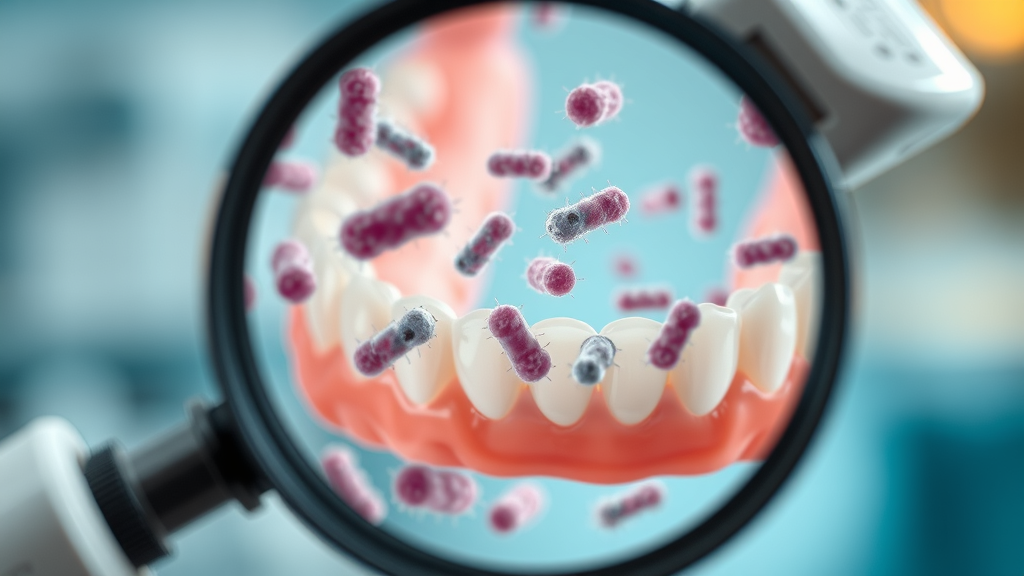
Write A Comment